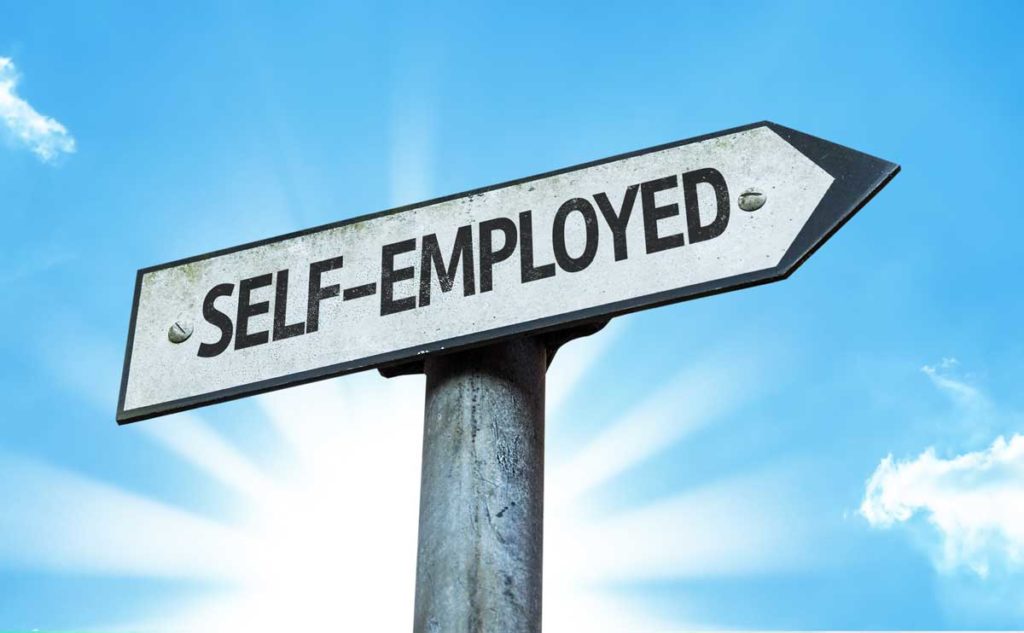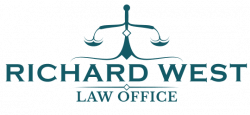Can the Self Employed Claim Bankruptcy?
Self employed bankruptcy cases work in both Chapter 7 and Chapter 13. Depending on your circumstances, continued business operations are possible. You do NOT always have to close your business if you file bankruptcy. In fact, self employed bankruptcy often keeps businesses from failing. Don’t think you need to file a Chapter 11 or Chapter 5. Most self employed bankruptcy cases are Chapter 7 or 13.
If your self employed business employs only you, and you have no inventory or accounts receivable, you may be a good candidate for a chapter 7. If your business has employees, you have ongoing contracts, or inventory you buy and sell, a chapter 13 might work better. Either way, bankruptcy may save your business from going under.

Chapter 7 for Self Employed
Chapter 7 cases for businesses may not need to perform a means test. The means test contains the requirement that consumer debt constitutes the majority of the debt. If business debt, not consumer debt, makes up the majority of your debt, no means test needed.
Self employment status does not affect eligibility for Chapter 7. Corporations, however, don’t get a discharge in bankruptcy. In my experience, filing self employed bankruptcy cases for over 30 years, most
Looking for More Articles on Bankruptcy?
Looking for more insight and articles on Bankruptcy? Head over to the Bankruptcy Learning Center for more information.
Visit the Bankruptcy Learning CenterFiling Chapter 13 While Self Employed.
You can continue self employed business during a Chapter 13. The Chapter 13 trustee requires that “business cases” file quarterly reports. The trustee will monitor business operations so that the business is successful. With debts under control, many businesses continue to run profitably.
If your business needs cash to operate, this could be a problem. Normally, in Chapter 13, we don’t see businesses borrowing money to operate. The problem here is obvious. Going into debt while trying to get out of debt is tricky. It’s not impossible, but as a practical matter, it is seldom done.
Most Self Employed Bankruptcy Has Personal Debt Guarantees
Downside to Self Employed Bankruptcy
Share This Article
Our Legal Services
Bankruptcy Learning Center
- Bankruptcy Can End a License Suspension
- Bankruptcy Individual vs Joint
- Can the Self Employed File Bankruptcy?
- Chapter 7 vs Chapter 13
- Cash Advance and Bankruptcy
- Debt Consolidation vs Bankruptcy
- Divorce and Bankruptcy
- Divorce and Chapter 7
- Divorce and Chapter 13
- Divorce Chapter 7 vs Chapter 13
- How to Keep Your Car
- How to Keep Your Pets in Bankruptcy
- How to Keep Your Property
- How You Can Loose Your Retirement
- Is Chapter 7 or Chapter 13 Better?
- Judgment Proof vs Bankruptcy
- Liens in Bankruptcy
- Military Bankruptcy
- Payday Loans and Bankruptcy
- Life After Bankruptcy
- Chapter 13 vs Loan Modification
- Short Sale vs Bankruptcy
- Small Business Bankruptcy
- Stop Lawsuits with Bankruptcy
- What is an Automatic Stay?
- What is a Bankruptcy Exemption?
- What To Do if You Lost Your Job
- What Does the Bankruptcy Trustee Do?
- Tax Debt and Bankruptcy
- The Downside of Filing Bankruptcy
- The Pros & Cons of Filing Bankruptcy
- The Truth About Bankruptcy
Useful Calculators
Here are two helpful calculators for managing your debt repayments and Chapter 13 commitments.

